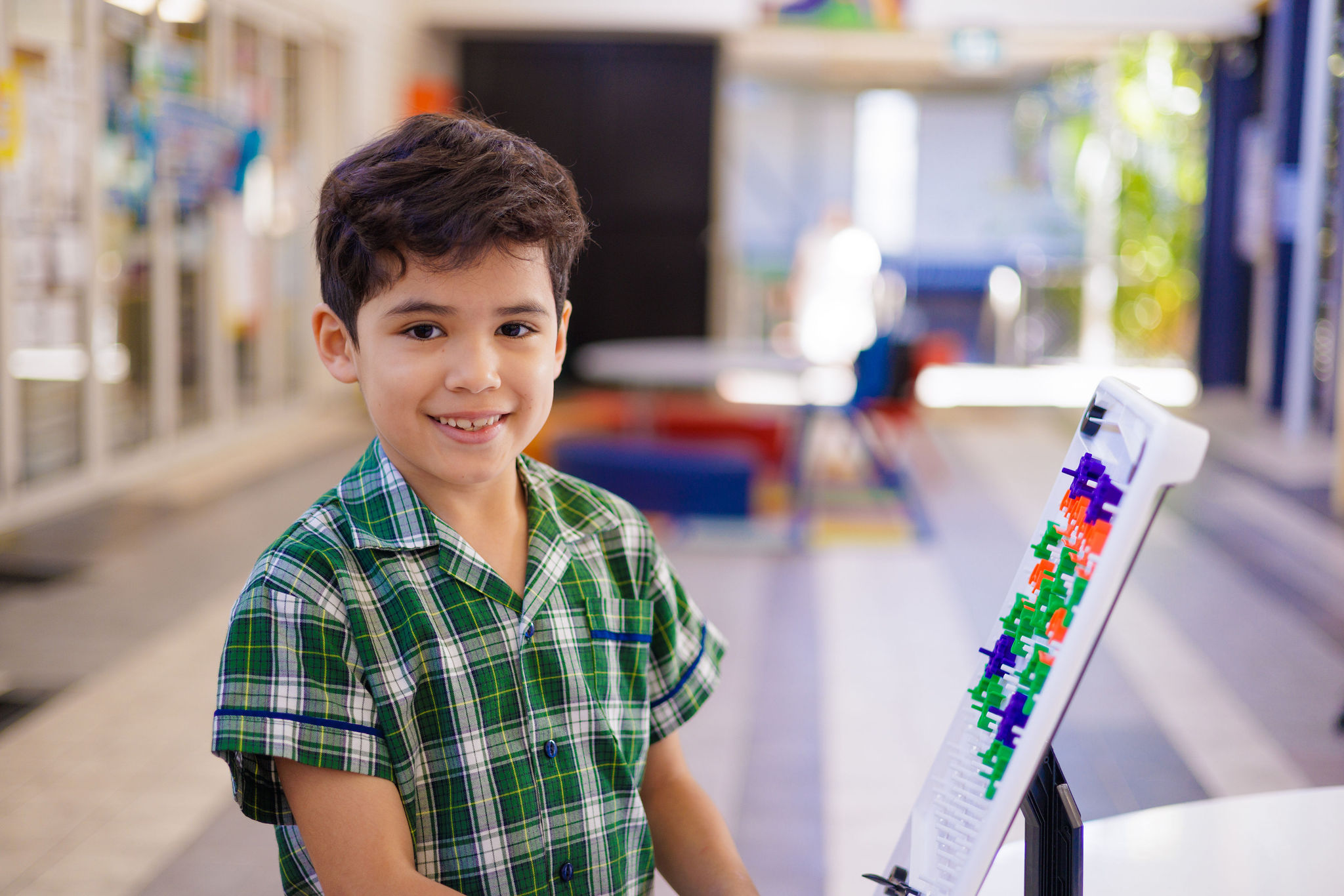The child at this stage of development is undergoing a period of transition. They seek greater independence as they try to 'branch out' yet require structure and modelling and set expectations to achieve this over time.
Through this transition the movement from concrete to abstract thinking and change to friendship concepts and relationships marks a formative time.
Principles for Middle Years Learning (Year 3-6)
Children are curious, enthusiastic, easily motivated and distracted, want to please, are reward driven and excited about learning new things and learning how "I" learn;
Children discover and define friendship groups more amid a less tactful disposition, but some thrive on individual responsibility.
Pedagogy of Middle Years
The pedagogy that best supports these children's learning:
- Matures as the students require less scaffolding, modelling, immersing and guiding and achieve greater independence in their learning;
- Needs to match developmental age of child as they move from learning explicit skills about cooperation with others to learning how to adjust in a pre-adolescent environment;
- Requires adaptability in spaces which pre-determine the scope of many activities i.e. limited available spaces forces more fixed place / desk learning modes while greater space allow for increased flexibility, variation in learning modes and increase in practical applications of learning through the use of a combination of such areas as desk, floor, wet areas and outdoor areas;
- Requires a different approach according to the various learning areas and consequently different forms of classroom physical layouts to facilitate groups, individual and whole class work as well as explicit teaching spaces structured around tasks;
- Requires the teacher's ability to negotiate tasks and be flexible - different for different students (suit individual expression).
